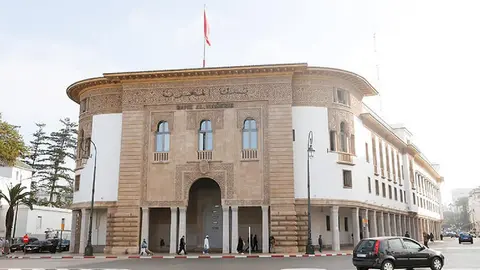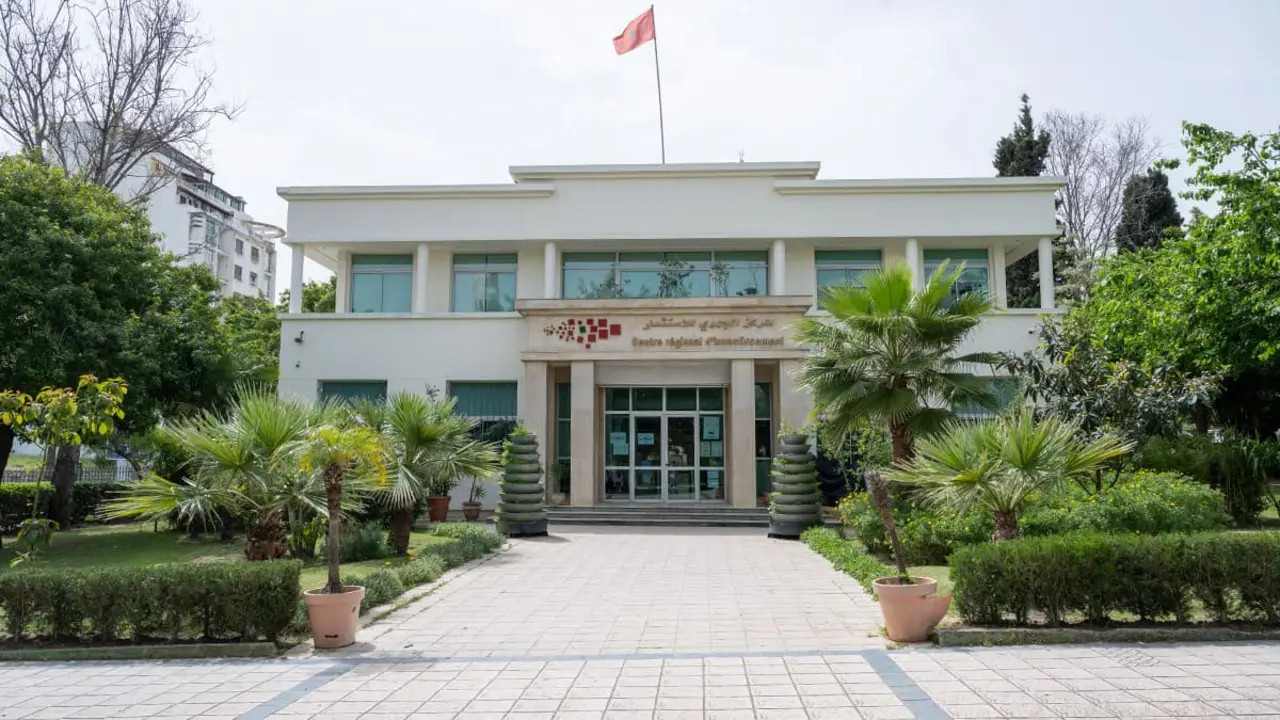Morocco announces measures to subsidise basic commodities before Ramadan
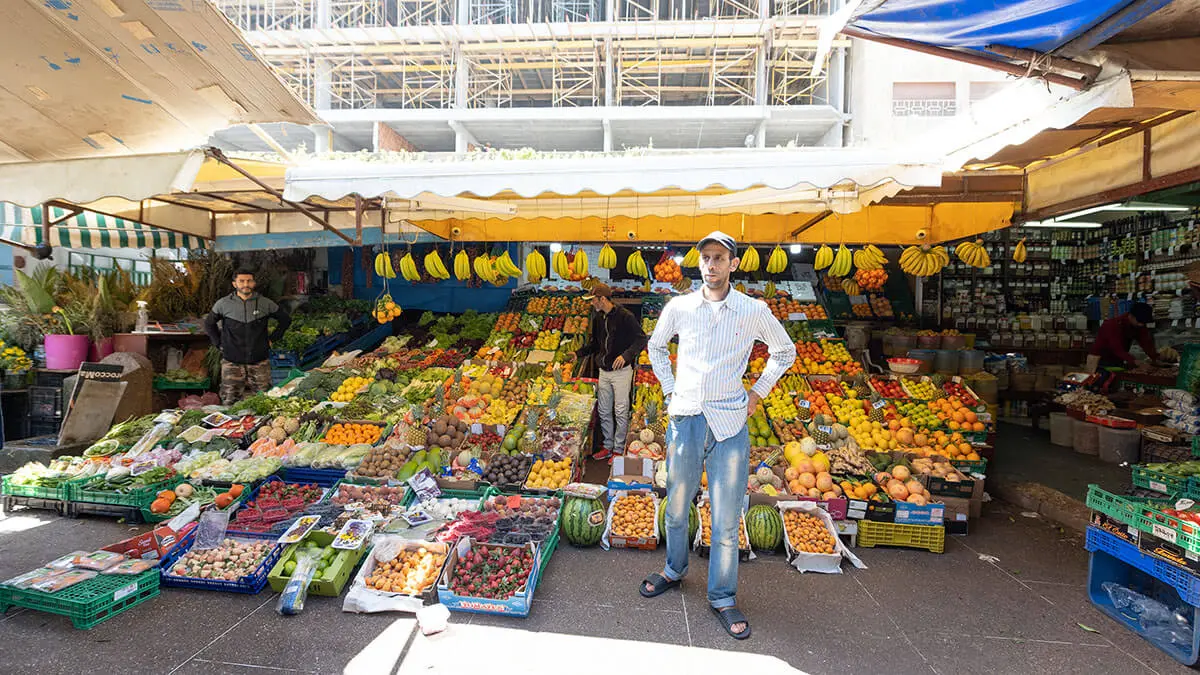
The Moroccan government has taken measures to ensure the affordability and availability of essential foodstuffs for Moroccan citizens ahead of the holy month of Ramadan, a period marked by increased demand for foodstuffs.
As confirmed by Moroccan Minister of Economy and Finance Nadia Fettah, the government is prepared to tap into its national subsidy fund and remove customs duties and value-added tax (VAT) on a number of basic commodities to keep prices stable.
Also, during a recent press conference, Fettah emphasised the importance of similar initiatives due to recent inflationary pressure and water shortages, two factors that have driven up prices in the months leading up to Ramadan.
However, according to the Moroccan minister, the measures enacted by Rabat "are already showing tangible results", citing as an example the drop in prices of basic foodstuffs such as tomatoes, potatoes and onions in recent weeks.
Furthermore, Fettah assured Moroccan citizens that market supply remains sufficient in all regions of the country, thanks to concerted efforts at all levels of government.
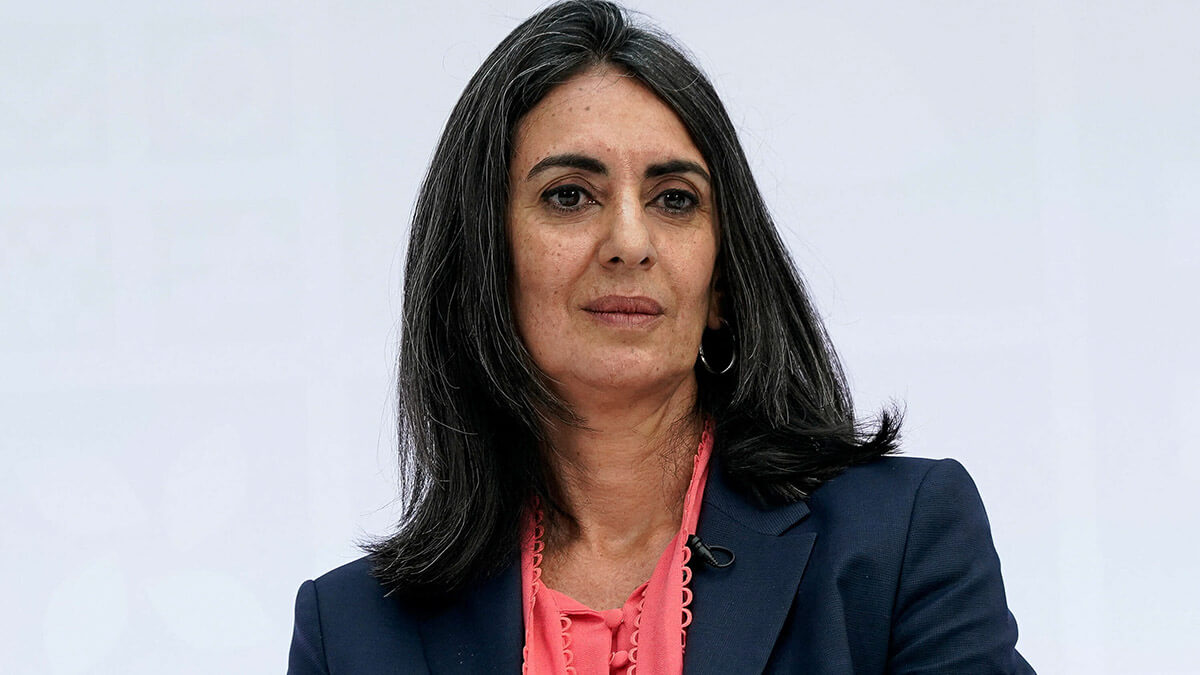
Fettah's statements come as the inter-ministerial commission overseeing market supply and prices meets as part of a broader strategy to assess the country's preparation for Ramadan.
This inter-ministerial commission aims to monitor market supply and ensure that prices remain stable to preserve national purchasing power.
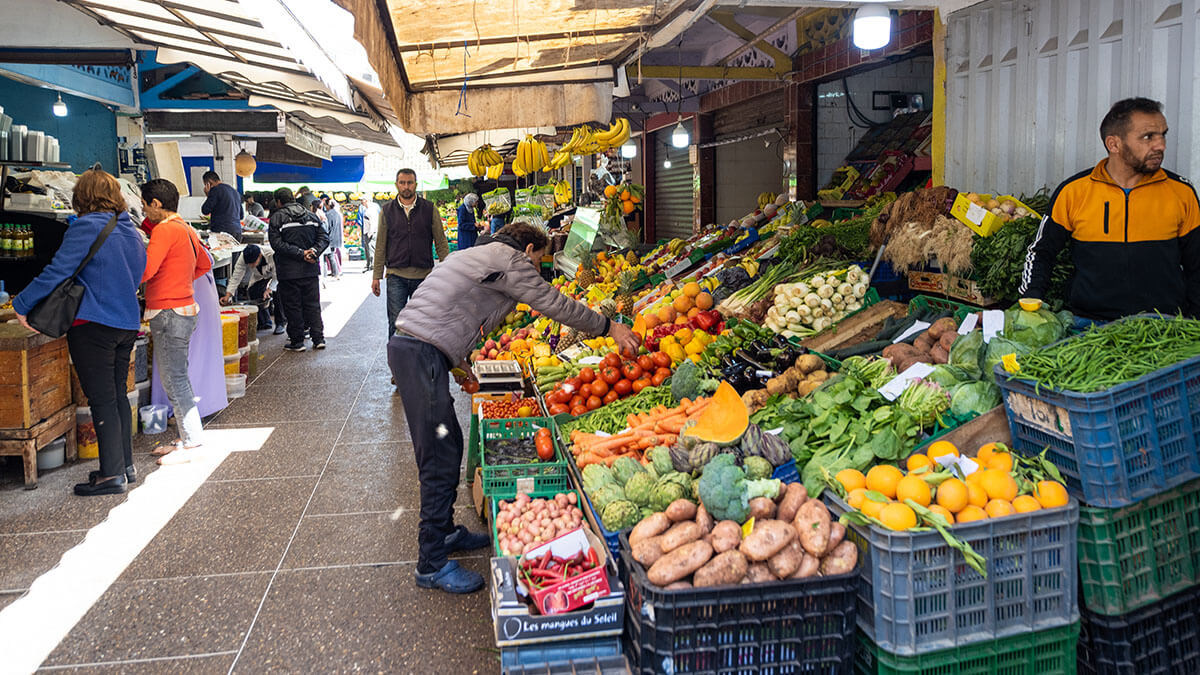
During the month of Ramadan, which this year runs from 10 March to 9 April, the growing demand for foodstuffs puts pressure on supply, causing prices to rise. Over the past three years, the trend has been exacerbated by rising inflation and limited supply.
On the other hand, it is also likely that the national rainfall shortage this year will continue to put pressure on market supply, as food price inflation remains high, with an average annual rate of 6.7% at the end of December 2023.

